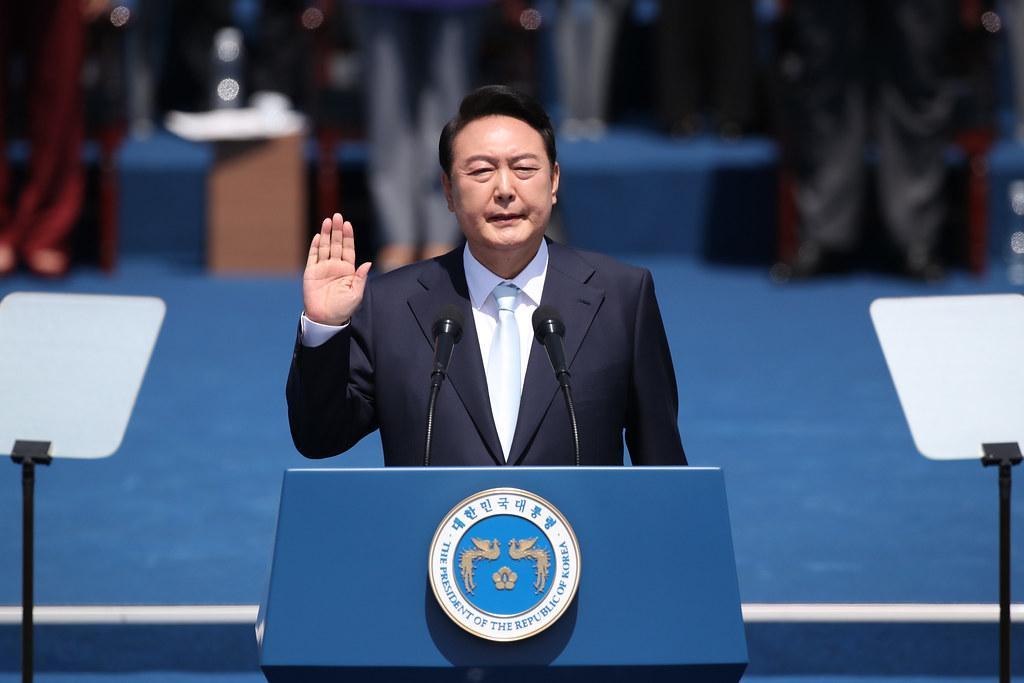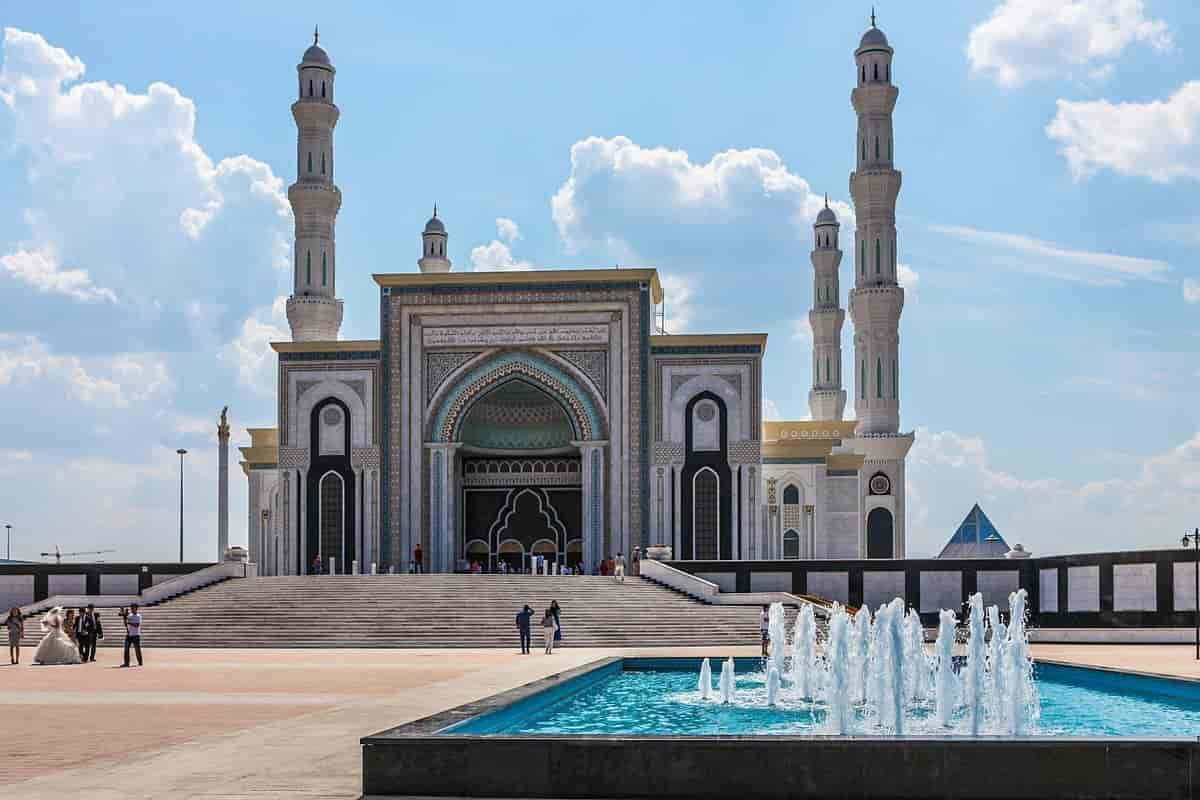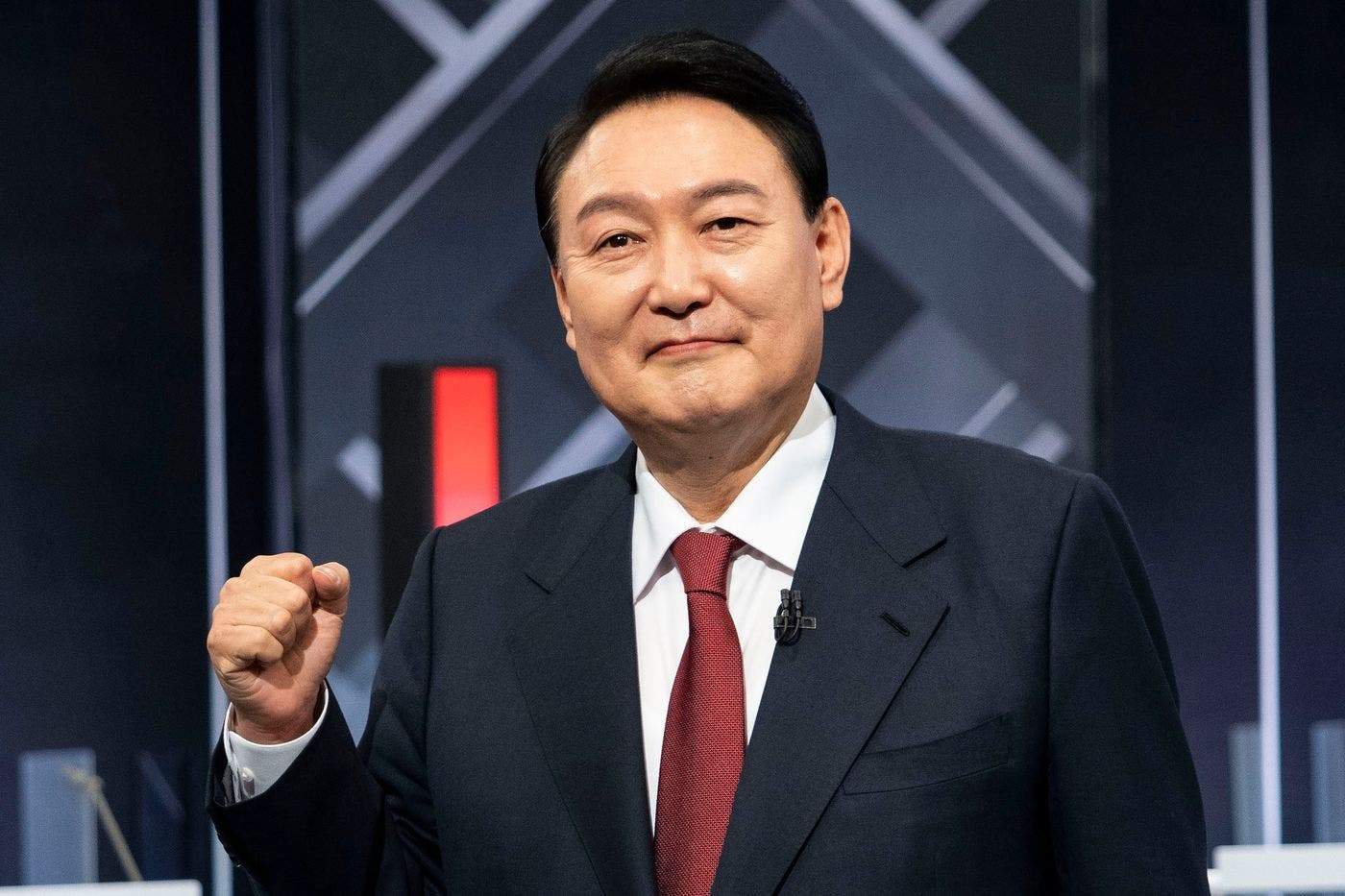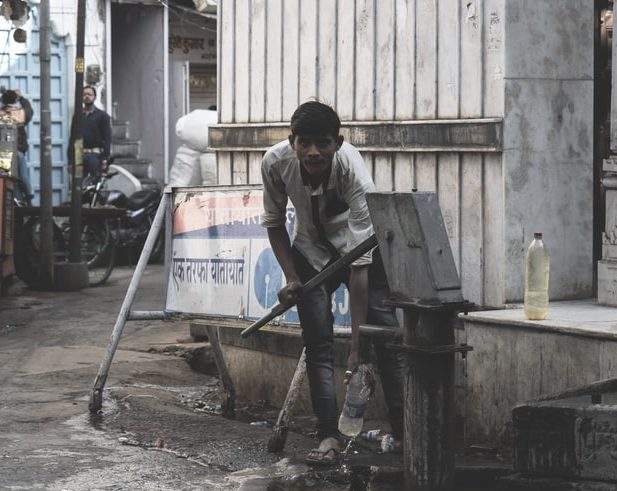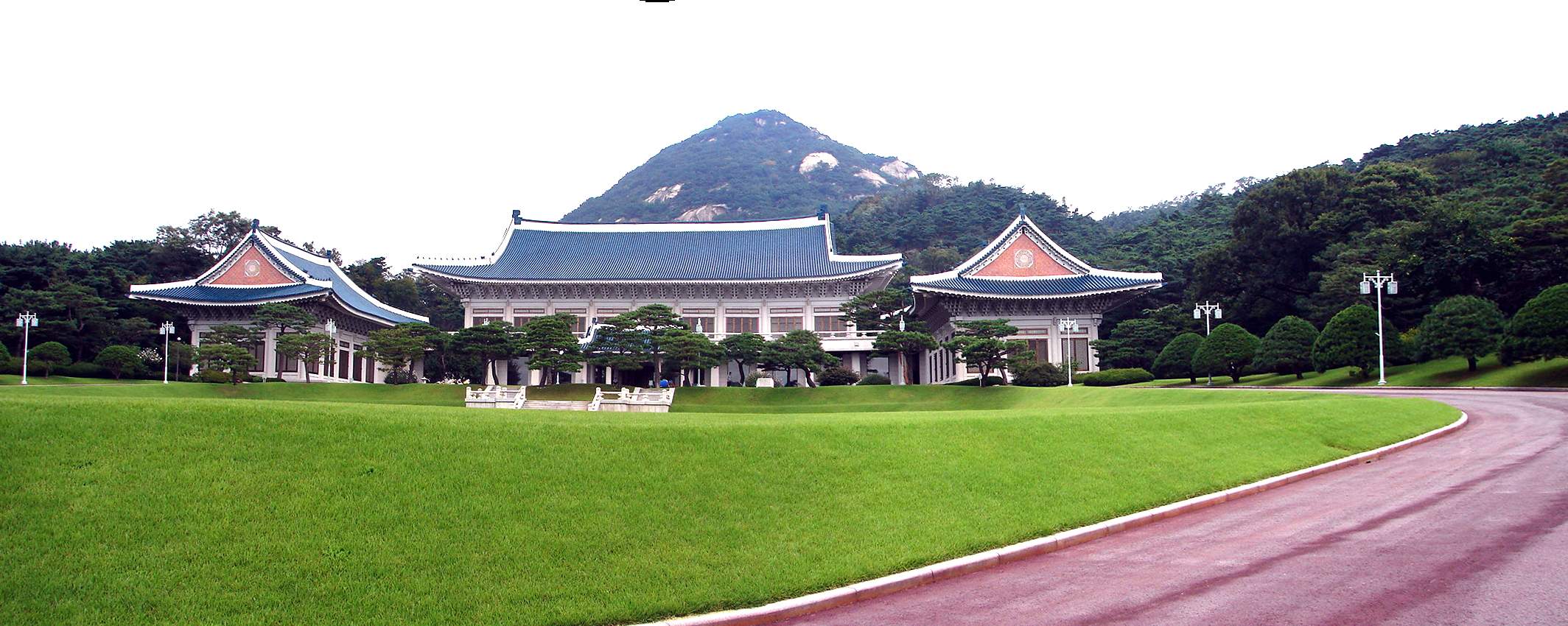
The EU as a Maritime Security Provider? Prospects for Cooperation with Japan and South Korea
As the centre of global geopolitical and economic competition shifts towards Asia, the EU’s economic interests in the Indo-Pacific bring maritime security issues in the region ever closer to home. However, if the EU cares to be recognized as a global maritime security actor, and protect its interests abroad, it will need to take concrete steps to strengthen maritime security cooperation with its Asian partners.

